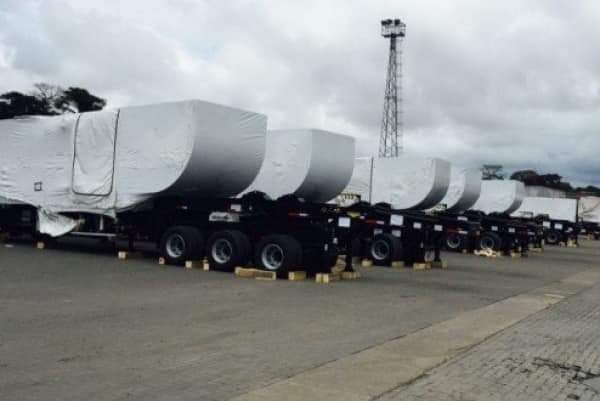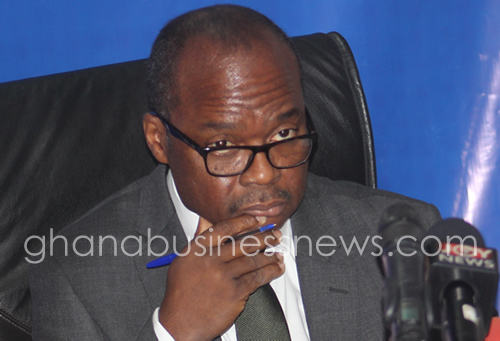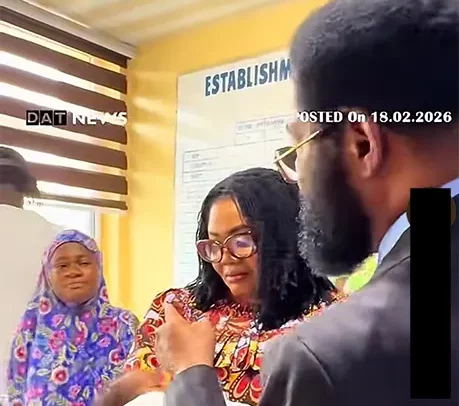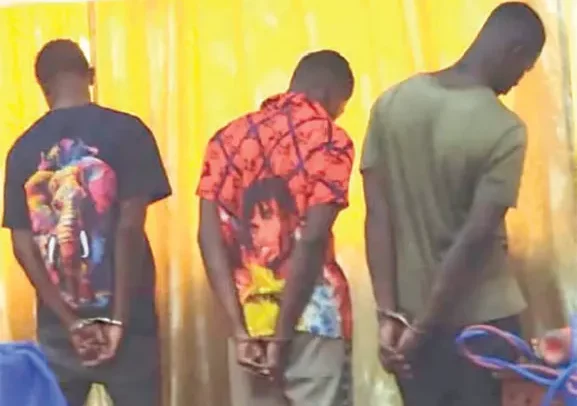
Mr Philip Addison, the leader of the committee that recently reviewed the Ameri power agreement with Ghana has explained that even though they found some anomalies with the deal, they recommended a soft approach for a renegotiation.
This, he said was because, “we thought that we have come far, PPR is operating the plant, so let’s take first soft approach to renegotiate because they themselves have expressed that willingness to renegotiate failing which we terminate.”
In a television interview on Metro TV, Mr Addison said they also recommended a termination in the event that renegotiation fails.
Responding to claims by the Minority in Parliament that Ameri’s hospitality extended to the committee members when they travelled to Dubai influenced their work, Mr Addison said that didn’t influence them.
The Minority had accused the committee of traveling first class ticket, and lodging at a plush hotel in Dubai at the expense of Ameri.
But Mr. Addison explained that “the payment of these tickets had nothing to do with us. I didn’t go and negotiate for ticket payments. The way it’s being said it’s like I went to Ameri and requested for money to buy tickets. I was sitting in my office and I got the ticket and I got the visa on my phone. So I didn’t go and procure this thing.”
Ameri has no expertise
He said even though Ameri, has no expertise in building and managing power plants, the NDC administration contracted it to provide about 250 Megawatts of power during the erratic power cuts in the country,.
Ameri rather served as an agent to secure the contract and further subcontracted it to third parties including General Electronics (GE) and Metcar to build, install and run the power plants, Mr Addison said.
Mr Addision said based on their findings, the committee has recommended a renegotiation of the contract or outright abrogation if the renegotiation proves futile.
“If you see the contract, there is nothing in that contract that tells you that it would be performed by a third party. All the warranties and guarantees were given by Ameri. Now it turns out that this is a company that has no idea, expertise, and history about power projects; so how did they enter into this kind of agreement? So if you make statements by which another party is induced and it turns out that those statements are false, they are fraudulent misrepresentation,” he said.
“First of all, there is $150 million that is the contract price, then they subcontracted it to PPR for $360 million. So that is $150 million out of the $510 million. In addition to that, in the agreement, there are variable charges which had been put in the agreement as $16.6 million. I questioned these both here in Ghana and at Dubai. At both places the answer I got was that it was a mistake. The reason why it struck me was that, how come a variable cost could have a fixed sum. I’m advised that the plant even at maximum production should be around $8 million,” he added.
Mr. Addison also questioned the need for the variable charges since they were taken care of in the $360 million “and it is not Ameri that is performing the contract so what the variable charge is for?”
Mr Addison’s committee was tasked by the Ministry of Energy, Mr Boakye Agyarko, to investigate the agreement.
Mr Philip Addison, the leader of the committee that recently reviewed the Ameri power agreement with Ghana has explained that even though they found some anomalies with the deal, they recommended a soft approach for a renegotiation.
This, he said was because, “we thought that we have come far, PPR is operating the plant, so let’s take first soft approach to renegotiate because they themselves have expressed that willingness to renegotiate failing which we terminate.”
Read Full Story





















Facebook
Twitter
Pinterest
Instagram
Google+
YouTube
LinkedIn
RSS